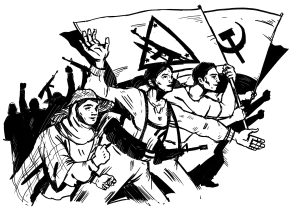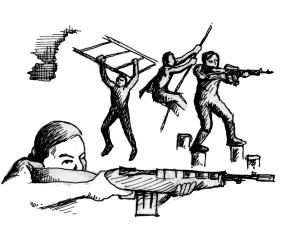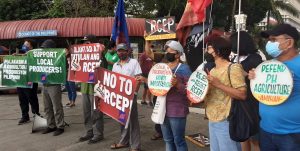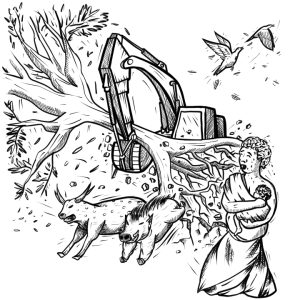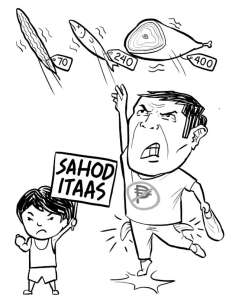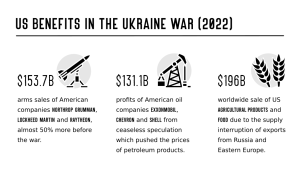On the "modernization" of public transportation: Massacre of livelihood, burden on consumers

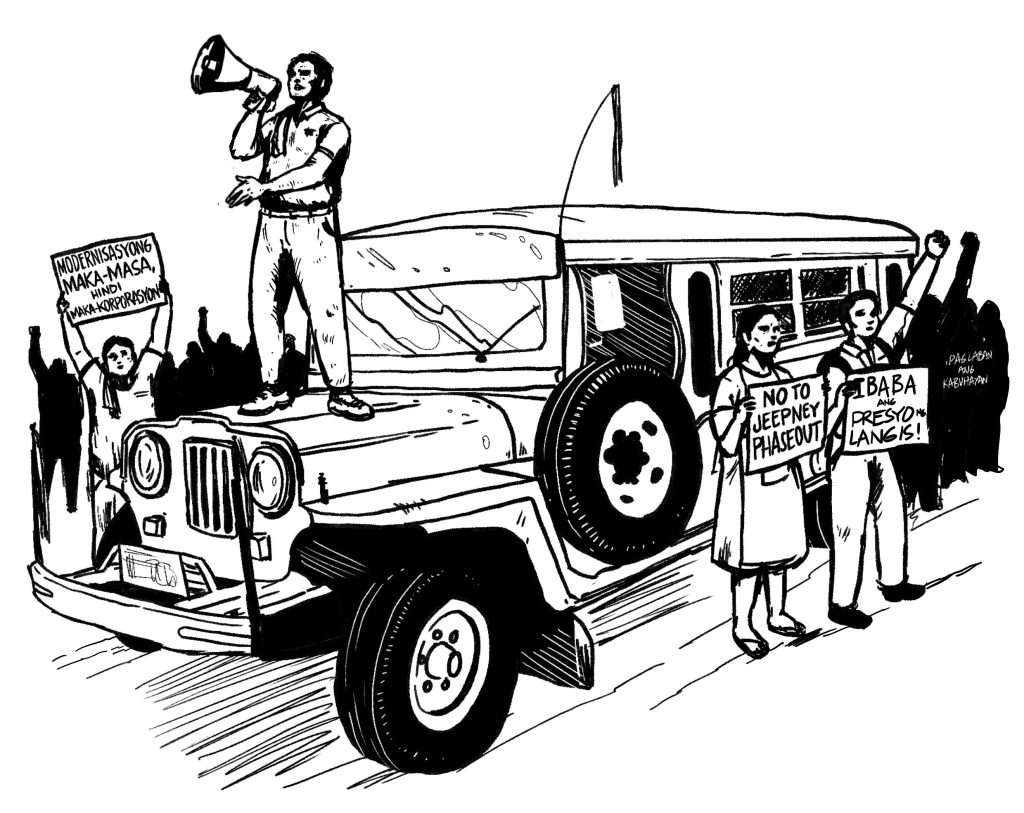
The reactionary state has pushed for the pro-foreign and pro-capitalist phaseout of traditional jeepneys in the name of modernization in the past five years. This year, the Marcos regime furthered this by imposing a new deadline for the consolidation of franchises. Several thousands of drivers and operators mounted a transport strike and protest actions in the entire country against the said program. They gained the support of other sectors and commuters.
Drivers and operators of jeepneys and UV Express (commuter vans) first announced their plan to go on strike on February 27. In response, the Land Transportation Franchising and Regulatory Board (LTFRB) moved the deadline at the end of the year. This was not enough for drivers. They called for the total repeal of the program. On March 6, groups protested at Mendiola, UP Diliman, Novaliches, Monumento, Manila, Baclaran, Pasig, Alabang, Los Baños, Bicol, Cebu, Davao and many other places.
Massacre of livelihood
This plan is a deathblow to the livelihood of drivers and operators. A unit of the electronic jeepney that the state demands as replacement for traditional jeepneys costs ₱1.6-₱2.3 million. This is a huge burden for drivers who only earn an average of ₱700 per day, an amount which is not even enough to live on decently. The government’s offer to buy their traditional jeepneys for ₱200,000 to help purchase a new one is insulting. Apart from this, additional “assistance” will be in the form of loans which they will then pay for seven years at 6% interest and 5% equity. In the end, a driver or operator will have to pay up to ₱3.4 million per unit.
The mandatory creation of cooperatives and corporation to replace individual franchises is clearly a failure. Operators who already established a cooperative were buried in debt. They need to pay ₱475,000 monthly amortization for the operation of 15 units of modern jeeps. These units are easily destroyed and spare parts are hard to acquire.
In a day, operators of electronic jeepneys earn ₱8,000. Around 50%-55% of this is alloted for fuel expenses and the remainder is allocated for other expenses like amortization. Fuel price increases the past months are also an additional burden which cuts a lot from their remaining income.
Drivers and operators are not the only ones who will be affected by this program. Commuters will shoulder fare increases resulting from this policy. At present, the difference between traditional and “modern” jeepney fare is at ₱2. According to studies, minimum fare could increase up to ₱35-₱40 in “modern” jeeps for drivers and operators to earn and pay for the cost of purchasing one.
On the other hand, big corporations which will supply these “modern” jeeps will rake in profits. Due to the lack of a local industry, 100% of “modern” jeepneys and spare parts are imported.
Only big companies and corporations in the Philippines will benefit from the sale and operation of these jeeps. In 2022, Manny Pangilinan invested ₱1.5 billion for 500 jeepney units. Meanwhile in 2017, QEV Philippines supported by the Aboitiz family, a local unit of the Singapore’s QEV Capital Pte. Ltd, launched its own electronic jeeps. Hyundai Asia Resources Inc from South Korea and joint-ventures Hino Motors Philippines Corporation, Isuzu Philippines Corporation and Mahindra Cars Philippines are also selling electronic jeeps.
Modernization will surely be catastrophic, along with the already privatized train and bus services, to the millions of commuters relying on mass transportation for their livelihood.

